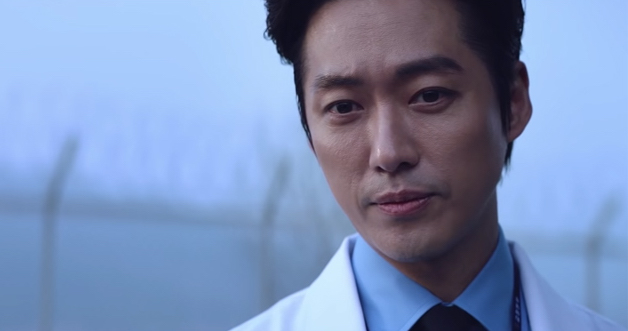
Disclaimer: This review contains spoilers. Please proceed with caution!
KBS2’s Doctor Prisoner topped domestic ratings during its 32-episode run from March to May earlier this year. Dramas on the more serious side tend to do well with the older Korean population in particular, who make the bulk of local cable television viewers. With the drama’s take on greed and corruption amongst antagonist figures, it especially hits closer to home considering the political climate of South Korea where dissatisfaction towards the potential wrongdoings of powerful figure brews quietly under wraps. Praised for its acting and script, the series is said to unveil unexplored perspectives and new questions in the conflict between human greed and morality.
Doctor Prisoner follows the vengeance story of a skilled, intelligent doctor Na Yi-je (Namkoong Min) who was driven out of his job while being unfairly caught in workplace power politics. Not believing in the ability of the law to take down the crimes of the powerful, he works at a prison ward to personally avenge wrongs. At first glance, the synopsis does not particularly stand out from its predecessors in the same genre, but rakes in initial interest with a stellar cast, and gradually retains it with the exciting back-and-forth mind games played by all the characters in the show. The drama shifts between hospitals and prison cells, both of which are places that symbolise the beginning and ends that the characters fight to create for themselves.
While the action begins right from the first episode, nothing surprising happens as Yi-je’s back story is revealed to viewers. Yi-je is the typically altruistic and morally upright doctor till a turning point led to a dramatic change in his outlook of life. In this case, it comes in the event of one of his patients, a poor, mute family, dies from a car accident caused by a remorseless rich man Lee Jae-hwan (Park Eun-suk) who walked away scot-free.
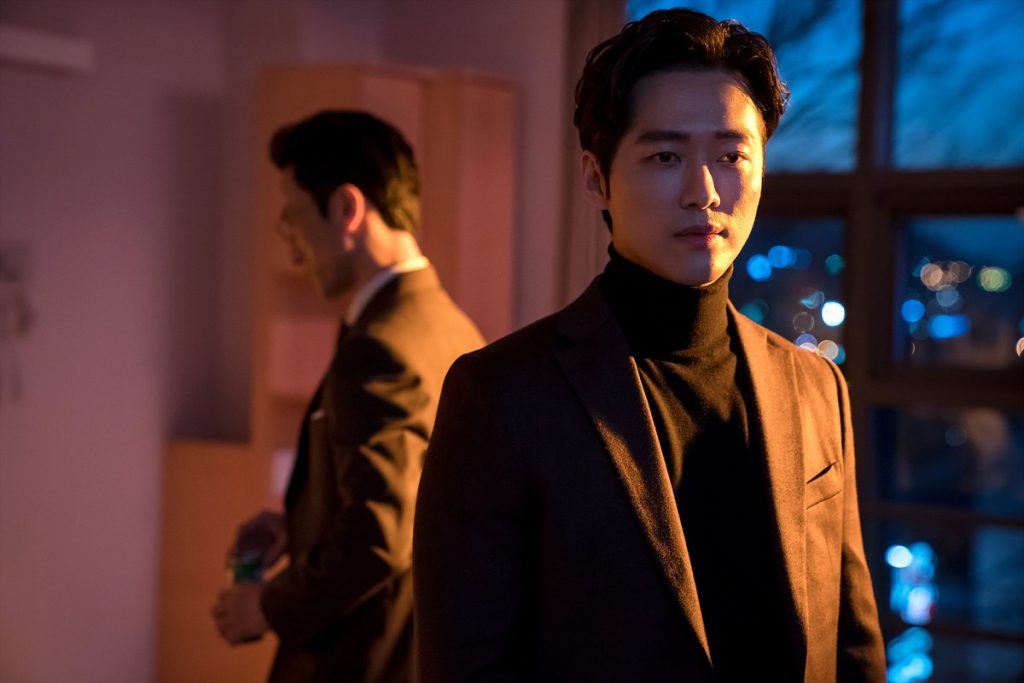
The combination of guilt from not being able to save his patients and subsequently being used as a scapegoat for his higher-ups is seen as the driving force behind his vicious dealings with his enemies. From a critical point of view, it would have served the drama better had there been more interaction between the family and Yi-je. The intense trauma caused by their death to the point that it would trigger an elaborate wild goose chase in their name would be more believable if he stopped at getting Jae-hwan in prison, which was not the case.
The most cynical of viewers are also likely to find it kind of juvenile to witness grown men in white coats walking around with syringes as weapons when there is often a more efficient method for them to get their way, although sprouting a bunch of chemical terms before stabbing someone with a syringe might be a pre-requisite for the Doctor Prisoner to call itself a medical drama in K-drama world. In a more poetic sense, their choice of weapon is even more heinous, as figures of healing using healing tools to harm and even kill.
There’s also the list of clichés. What started it all is the death of the most pitiful character archetype ever: a married couple struggling with finances and a disability… Plus, the wife is pregnant, too. Of course, like every other strong independent female lead, psychiatrist Han So-geum (Kwon Nara) is fully proficient at martial arts when it’s convenient for the plot but somehow selectively loses all ability to fight at other times.
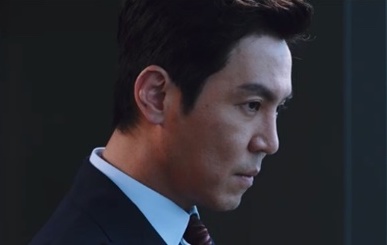
Of course, the biggest bad guy (whose position isn’t made clear of till later on), Lee Jae-joon (Choi Won-Young) has a trademark habit of whistling an ominous sounding tune like it’s a light-hearted jingle before committing the unthinkable. For a drama that is as clever and well-thought out as Doctor Prisoner, the decision to pander to such clichés, no matter how subtle and infrequent, might seem like an uncharacteristic blunder of the scriptwriters, but the result is unexpectedly effective in creating bits of amusement amidst the suspenseful, tense atmosphere that never truly backs down throughout the story.
What ends up making Doctor Prisoner brilliant is precisely its use of predictable tropes and familiar character archetypes, which is then further expanded upon to at times entirely subvert expectations. The characterisation is excellent, with the dynamics between characters kept unpredictable and fresh, as allies and partnerships are ever-changing along with the circumstances.
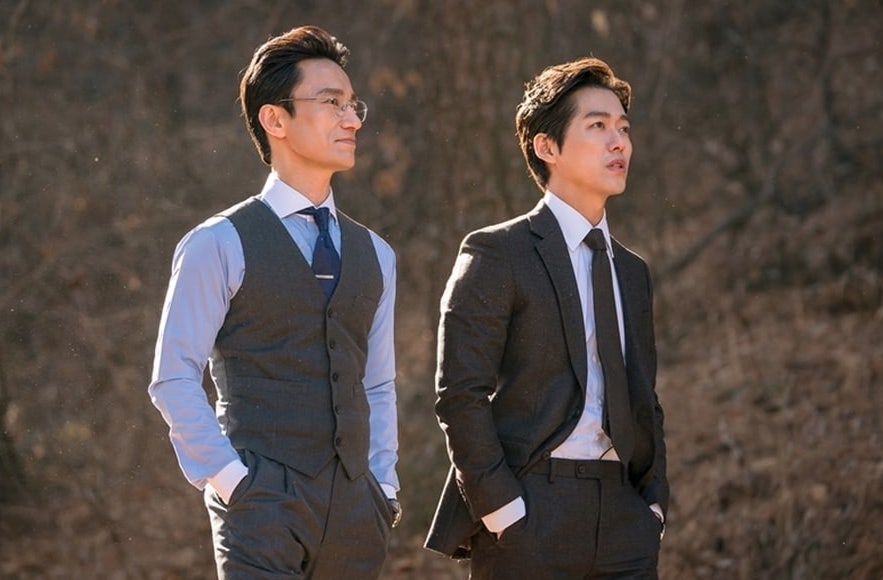
Characters such as Jae-hwan and Sun Min-sik (Kim Byung-chul) are despicable figures of evil initially, but Yi-je and as such the viewers, surprisingly soften up to the point of even caring for them as the story progresses. Considering how the two were presented as arch-enemies with blatant hatred and disgust for the other, the childish bickering friendship of sorts that forms eventually between Yi-je and Min-sik in order to take down Jae-joon, is completely unexpected, yet pleasantly entertaining.
Eventually, each man prioritises themselves in this battle of wits, where the stakes are so high that lives are constantly put in danger. Even the supporting roles are given some time to at least showcase their backstory and therefore their personal motivation, which makes all their ruthless determination to achieve their goals so much more purposeful.
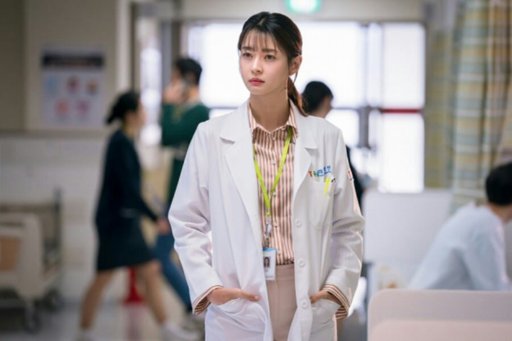
However, the wasted potential of the female characters in Doctor Prisoner prevented the series from taking its story-telling to the next level. While they are all established, independent career women, it is clear that it is ultimately a man’s world in Doctor Prisoner. For instance, while the inclusion of a love line between Yi-je and So-geum would have been unnecessary and even inappropriate during the action-packed story, So-guem’s involvement and character development, unfortunately, ends up being limited consequently.
So-guem ends up being merely a plot device rather than a stakeholder or player in the game, besides merely being a concerned older sister. The drama fails to tie up her part of the story in a satisfying way, and missed opportunities for valuable conversation, such as her obvious feelings of shock and disappointment in the shift in Yi-je’s personality and behaviour over the years, was never directly addressed between the two.
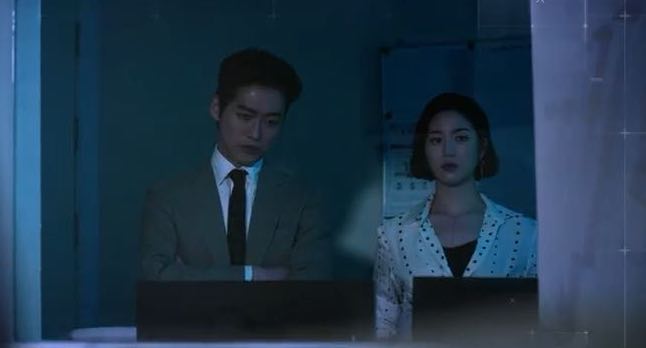
Mo Yi-ra (Jin Hee-Kyung) and Lee Jae-in (Lee Da-in), the mother and daughter duo in the Lee family, faced a similar fate, with the crux of their actions being for the sake of the irresponsible, problematic Jae-hwan. Jae-in’s complexity, in particular, deserved more development beyond the intelligence and rationality she provided to the story, with her constant dilemma between being ruthlessly selfish and her sense of conscience and guilt. It’s a shame because these female characters had interesting enough of characters and personalities to make the plot more dynamic, considering how the seemingly never-ending one-upping between the Yi-je and Min-sik, and later Jae-joon, can get repetitive and draggy for the more impatient of viewers.
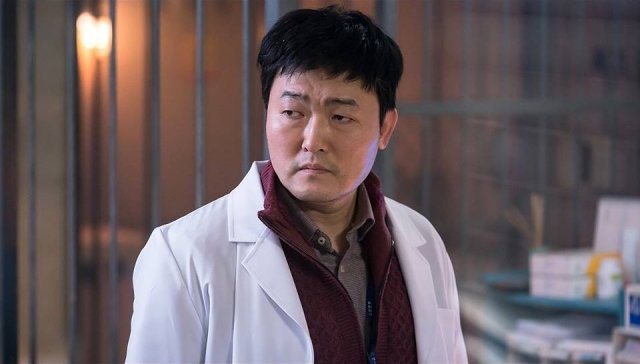
In episode 20, Yi-je’s sister asks him: “Why must you live such a tough life for others? No one will recognise your hard work. Why do you have to fight alone?”. In episode 25, in an emotional scene, Bok Hye-soo (Lee Min-young) and Go Young-cheol (Lee Jun-hyeok) speak candidly over drinks with Hye-soon’s untimely romantic confession towards Young-cheol “I wish the man I like doesn’t go down the wrong path” is met with a resigned yet silently despaired: “There is no right or wrong path. You just go down the path that’s in front of you.”.
Through the constant vicious backstabbing and revenge, these rare moments help keep it humane and keeps the story grounded in its focus. It is standout moments like these that kept viewers hooked, along with its believable dialogue and stellar casting. In spite of its shortcomings, Doctor Prisoner is more than likely to inspire future dramas of the genre, that may then further explore the questions asked by the drama that it clearly does not aim to answer.
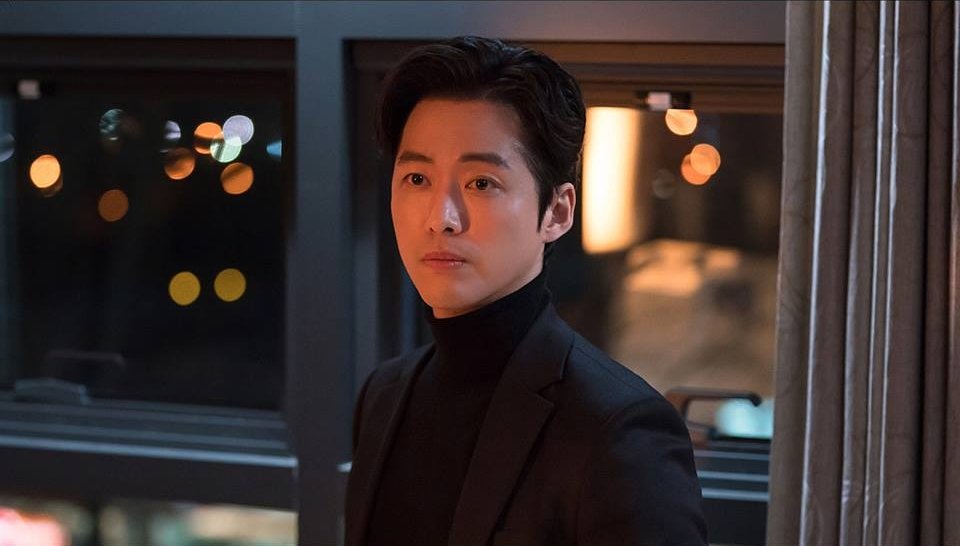
The most powerful message that Doctor Prisoner directly tries to drives across is then how nobody is good or bad. The characters have all faulted in some way or form, and even as viewers are supposed to root for Yi-je’s, there are definitely actions or methods that are intentionally meant to make viewers squirm in discomfort at the lack of morality. Does Yi-je believe that his motivations are fully noble? Is fighting fire with sometimes even bigger fire justified if the initial reasoning is noble? Can two wrongs make a right?
After a while, it nearly feels like an excuse for him engaging in the same sins as the exact people he wants to destroy. Perhaps that is the point the writers were driving at it – that while being blinded by anger and desire for justice, he has become just as ‘bad’. Right till the end, it’s unsettling and ambiguous but one thing that is certain is viewers are left questioning the existence of a true dichotomy between black and white in the world, or if we’re all similarly threading in the greys.
(YouTube, Translations via MyAsianTV. Images via KBS2)


